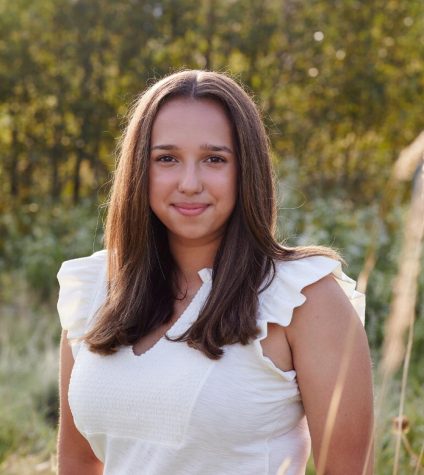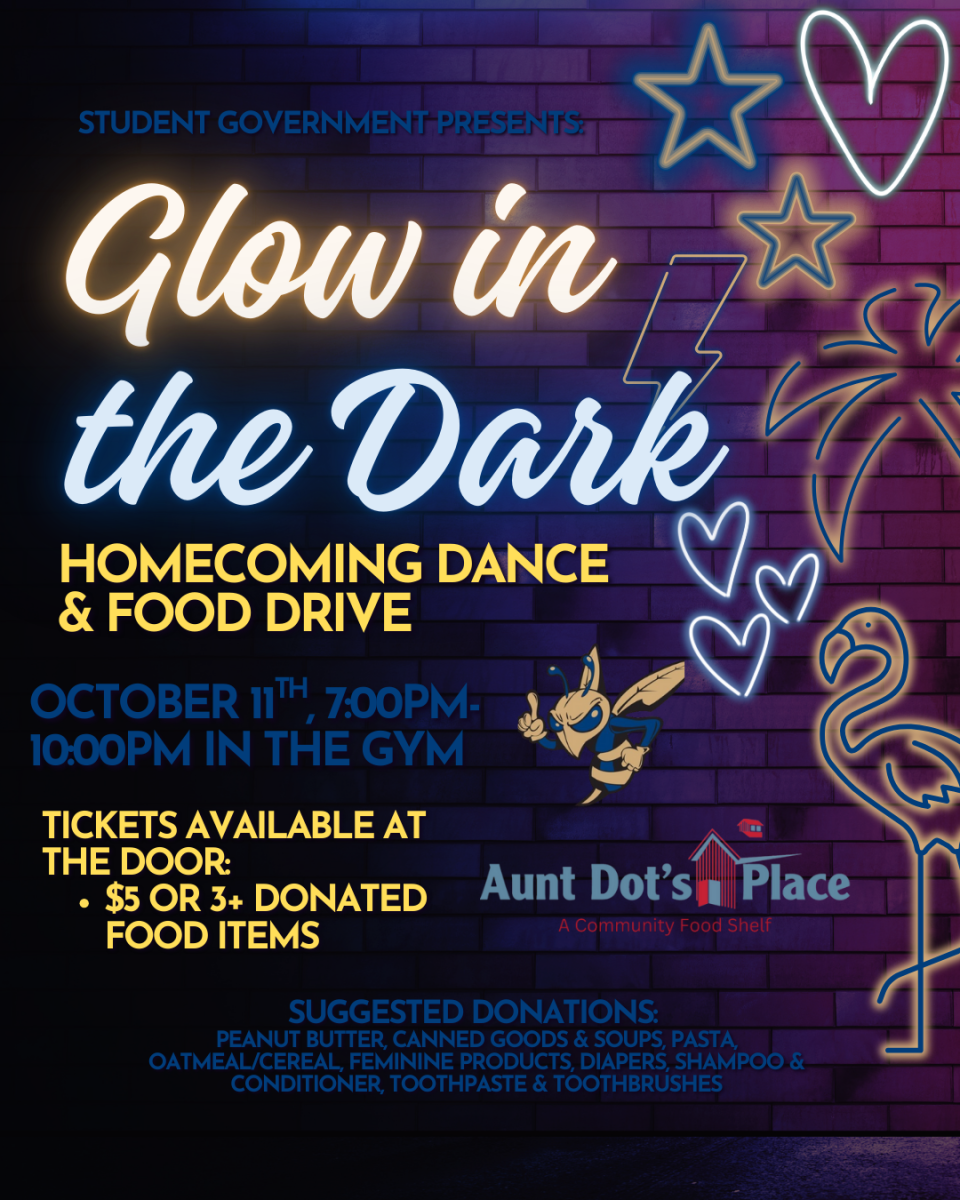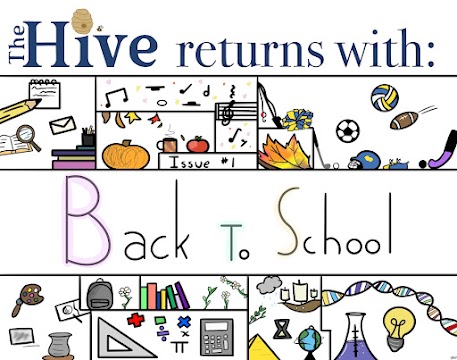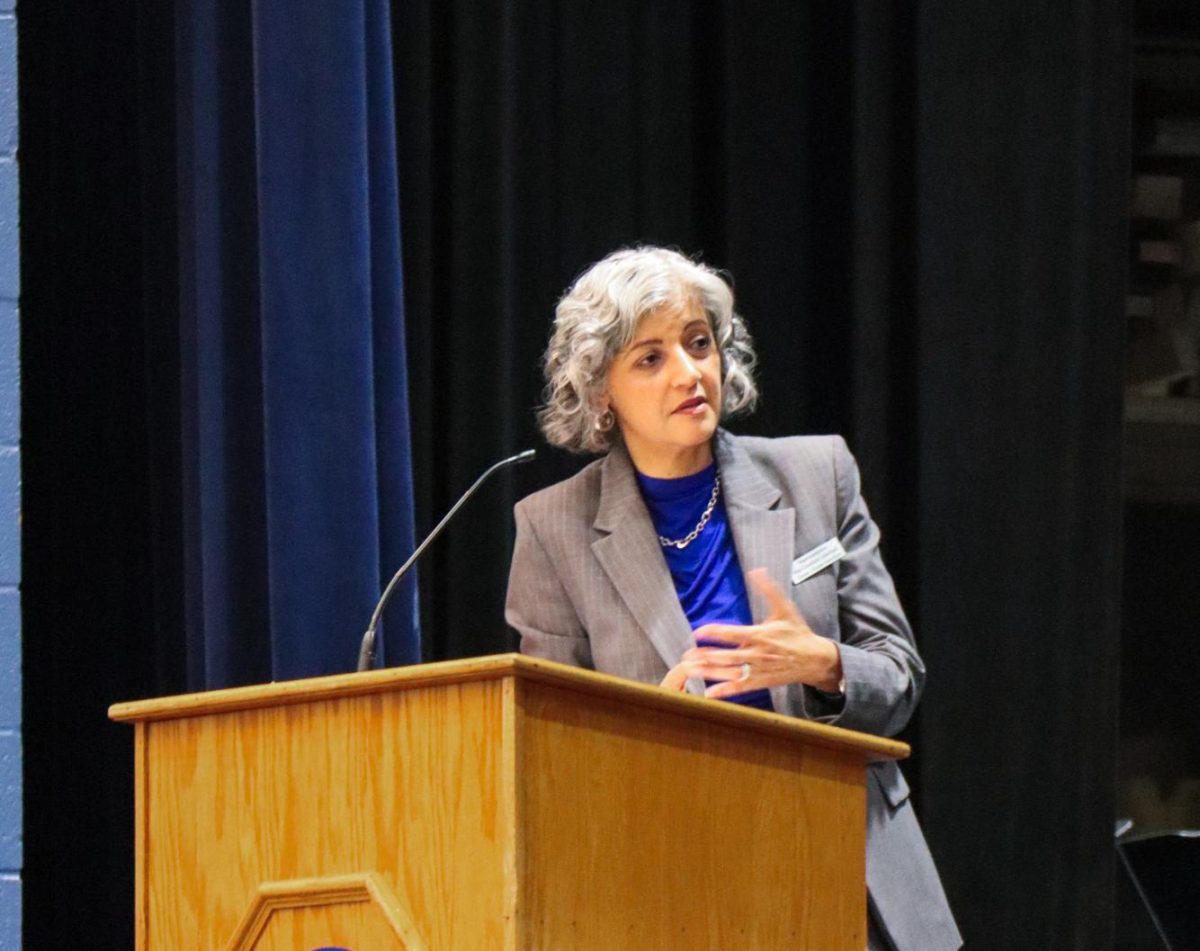5 EHS Teachers Share Their Mental Health Stories
April 14, 2023
In the United States, more than 50% of people will be diagnosed with a mental illness or disorder at some point in their lifetime. In an effort to destigmatize this prevalent issue, The Hive has gathered anecdotes, quotes, and advice from Essex High School teachers surrounding their mental health and addiction journeys. Included below are intimate recounts of their bravery, determination, and deeply personal stories.
Jordana Churchill:
Essex High School Science Teacher
Throughout her childhood, Jordana Churchill consistently experienced undiagnosed anxiety and depression symptoms.
“Maybe my parents didn’t think that a fourth grader or younger could have mental health issues,” Churchill shared. “But, I remember, I was probably in fourth grade, I was playing my flute, and I had to just go into the bathroom and cry.”
While Churchill’s struggles persisted, she learned that her environment could have a big impact on her mental health.
At two different points in her adult life, Churchill struggled with housing stability.
“I could not find an affordable place to live on a teacher’s salary in Boston, and I had to rely on the kindness of my colleagues to crash on couches, and if there was a break, I would come home to Vermont,” Churchill said. “It never came to this but I seriously considered sleeping in my classroom or in my car in the parking lot at the school.”
Churchill further explained how these factors can impact mental health.
“Someone who experiences such environmental challenges does NOT have anything wrong with them. Therapy and medication can help, of course, but the root of the issue is in the [societal] systems in which that person is trying to survive,” Churchill said.
“Due to the effects of years of racist policies, the school where I worked was underfunded, my colleagues were stressed, and people were stabbed to death literally in front of our doors.”
Churchill decided it was time to leave her job.
“If there’s something smaller in your environment that you can change, then change it. For me, a big one was leaving my last job and getting out of Boston.”
Her advice to students?
“It’s okay to seek help. Medication can be a good thing. Also look at things in your environment. If it’s very large, systemic things, maybe you can’t do anything about it at this time by yourself, but you can work with others to collaborate to change the systems.”
Dean Corkum:
Essex High School Physical Education Teacher
“In 2010, I was on a vacation with my family and my wife was like, ‘you’re so sick.’ I had this dark cloud hanging over me and it had been going on for a while. When I got home, I went to the doctor and the minute I told my doctor, I just started bawling like a baby.”
Oftentimes, anxiety and depression are masked with a happy demeanor.
Dean Corkum, who is often seen smiling in the halls and laughing with his students, struggles with both anxiety and depression.
In addition to his daily medication, Essex High School spirit has proven to be one of his best coping mechanisms.
“When I get up in the morning. I don’t know what it is. But I get this sort of sinking feeling in my head and my body and everything and so I have to kind of really be aware of myself,” Corkum said. “And I gotta say, when I get to school, it all goes away. There’s something about being here. It’s like a happy place.”
Corkum also utilizes exercise as a form of medicine. He often mountain bikes to feel better.
One UCLA Health study found that for those who exercise, the number of poor mental health days per month dropped by more than 40 percent.
Essex High School’s beloved P.E. teacher wants to remind students that you never know what is going on with someone.
“Here’s this guy [Corkum] all smiling, happy go lucky, but he still is struggling.”
For students who are facing similar challenges, Corkum has three pieces of advice: “Number one, you’re not alone. Number two, there is a way to figure it out. And number three, it will get better.”
“There’s always somebody there for you. I’m here, come find me.”
Liz von Nagy:
Essex High School Librarian
Liz von Nagy had a non-traditional upbringing.
“We called ourselves local nomads, but as I’ve grown up, I’ve begun to understand that we were transient. We were not local nomads,” von Nagy shared. “Growing up in that sort of environment with a parent who is mentally ill and unstable, was really an interesting way to grow up. I’ve struggled with depression and a few other things throughout my entire life.”
At times, von Nagy struggles to get up and take a shower or put gas in her car. Normal things can prove to be challenging. Nonetheless, she perseveres through the difficult days.
“I just move through life knowing that my brain might work a little bit differently than someone else’s, and knowing that that’s okay, and that I’m not insane. I’m not an expert on a lot of things, but I’m an expert on being myself,” von Nagy remarked.
The EHS librarian focused her master’s thesis on the intersection of PTSD and literature. She spent a year researching teenagers with PTSD and how the condition presents in the classroom. She further studied the best way to support students with PTSD.
“I think that specific learning combined with my own knowledge about my own experiences, has really allowed me to understand how curriculum can be very triggering for students,” von Nagy explained.
Von Nagy often reminds her students that “There’s space for everyone in the library. We can hold space for a lot of different things. I hope to see people visiting the library and taking advantage of some of those resources.”
“I think my best advice for kids is to find your people. Find your safe people and advocate for yourself, even when it’s hard,” she concluded.
Erin Schmitt:
Essex High School Art Teacher
“I have always been a very, even-keeled, laid back, calm, and collected person. Then I had kids. That really changed the level of worry that I felt on a regular basis because I had these little things to take care of and keep safe.”
When the Covid-19 pandemic hit, Erin Schmitt found herself feeling physically ill with worry. It began to take over her life. She realized that what she was feeling was anxiety.
The art teacher tried breathing exercises and mindfulness. However, when those remedies were not cutting it, she attempted to use CBD oil. While that worked for a while, when it was finally time to return to school, she wasn’t sure it would be enough.
In search of a solution, Schmitt turned to her doctor.
“I was really struggling with feeling like I didn’t want to need medication to feel better. I’m not physically sick. Right? It was so funny. My doctor’s comment to me was like, ‘Well, if you had cancer you would do something. If you have a broken arm, you do something. This is an illness and it’s okay to take medicine for it.’”
Nonetheless, Schmitt felt a feeling of shame while taking medication.
While that feeling of shame has not completely subsided, “dang the medication helps,” she quipped.
Schmitt is not alone in her use of medication. According to the Center for Disease Control, in 2021, 12.9% of adults (18+) took prescription medication for feelings of worry, nervousness, or anxiety.
Over time, Schmitt has found the appropriate dosage of medication to ease her anxiety. She often wishes that she could maintain her “laid back” persona, but understands that anxiety is her reality. Her journey to finding a maintainable solution took effort, but ultimately, helped significantly.
She wants her students to understand that, “it’s okay to not be okay. But don’t keep it to yourself. Talk to people about it. You have to talk to a professional. You have to talk to a counselor, a therapist, you have to talk to your doctor. I couldn’t do it on my own. It’s okay to not be okay.”
Tammy Gilbert:
Essex High School Math Teacher
Tammy Gilbert has experienced alcoholism and cared for someone with mental health challenges.
“I was married before to someone who had a mental illness. It overwhelms your whole life when you’re trying to figure that out. Then, my experience with addiction is just personally being overwhelmed in my life. I had to figure out how to not have alcohol anymore.”
When Gilbert was supporting her former spouse in the most difficult times, she turned to the EHS community for support. It was her colleagues who provided a sense of “normalcy.”
There were people that could tell that I wasn’t myself. They reached out to me, and I have a tendency to be pretty open, but I’m also very positive, which is a good thing and a bad thing.”
Gilbert confided in her colleagues who in turn provided her with groups she could turn to for help. Throughout this time, she was also faced with a new challenge: alcohol.
“I did not have a problem with alcohol until I got overwhelmed with family and work. When I couldn’t juggle everything, it was a way for me to calm down the voices and de-stress. I think there’s a culture out there too that promotes it.”
Alcoholism runs in Gilbert’s family. In fact, she waited a long time before drinking.
“All of a sudden, it was like a way to cope, and it was very subtle, and I’m gonna say sneaky.”
Again, Gilbert turned to the EHS math department for support.
“Knowing that there were people in school who have experienced it, and have been honest about it, gave me people to talk to. So as much as it’s a denial thing and you don’t want to talk about it, you also don’t want it to be shady or feel shameful.”
Ultimately, there were two things that motivated Gilbert to keep moving forward and stop drinking: her children and her faith.
“I literally walked around with my Bible in hand like a life preserver when I didn’t have the strength. I would not have made it through the worst times if I didn’t know that I am created on purpose, and for a purpose.”
Gilbert wants her students to know that if they’re struggling, they should look for support.
“Reach out, and reach out again. We are not meant to navigate life on our own.”
***
If you or someone you know is struggling:
First Call – 802-488-7777












Kashka Orlow • Apr 15, 2023 at 7:19 pm
Thank you so very much for sharing your stories; for removing some of the stigma associated with mental illness and substance use disorder, and for reminding us that we’re all just human…We all fall down, and thus we should know what an amazing feeling it is when you see hands helping you up. Let’s always try and pay it forward, as these brave individuals have done. Thank You.
Leonora Dodge • Apr 14, 2023 at 7:23 pm
Thank you to the teachers, staff, students, Hive writers, and editors for this beautiful and inspiring article!